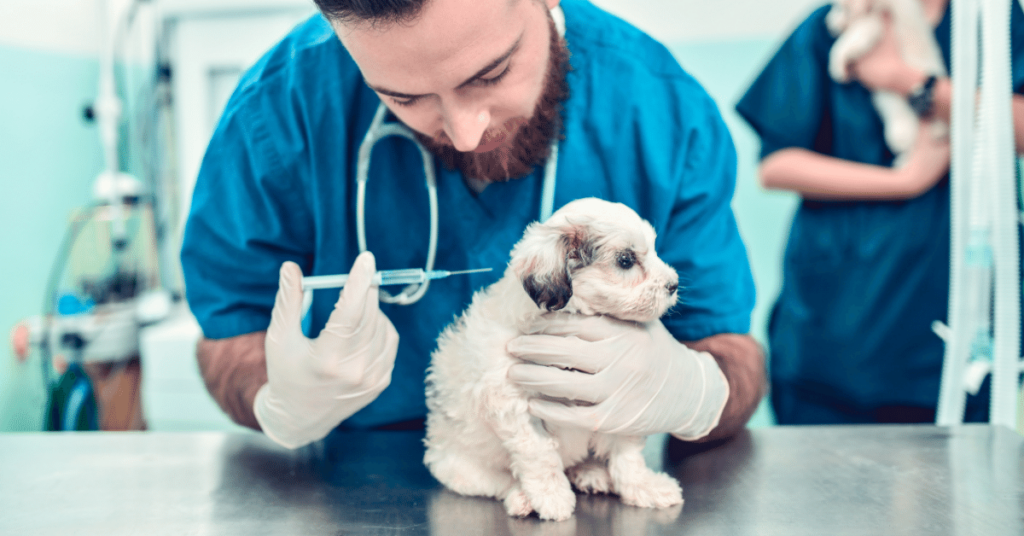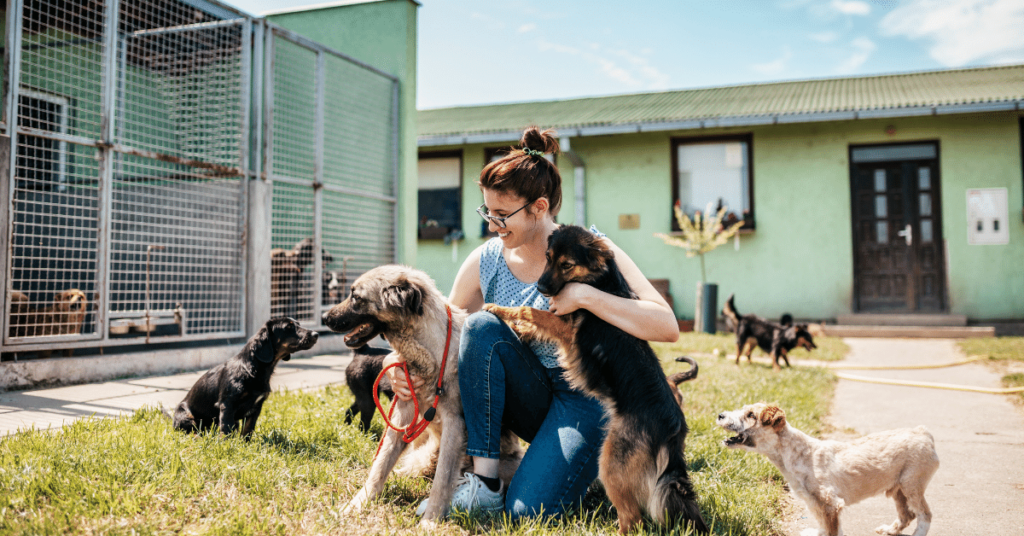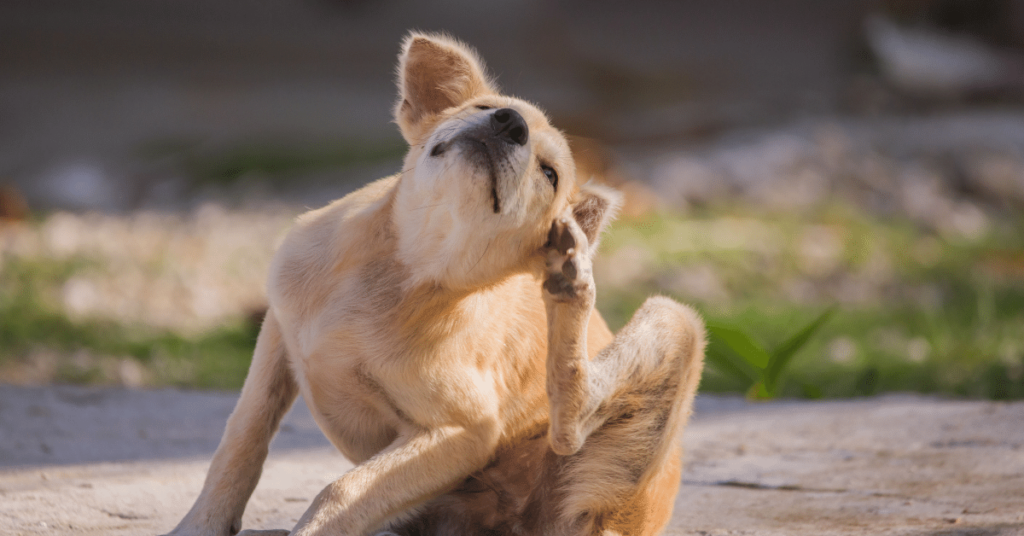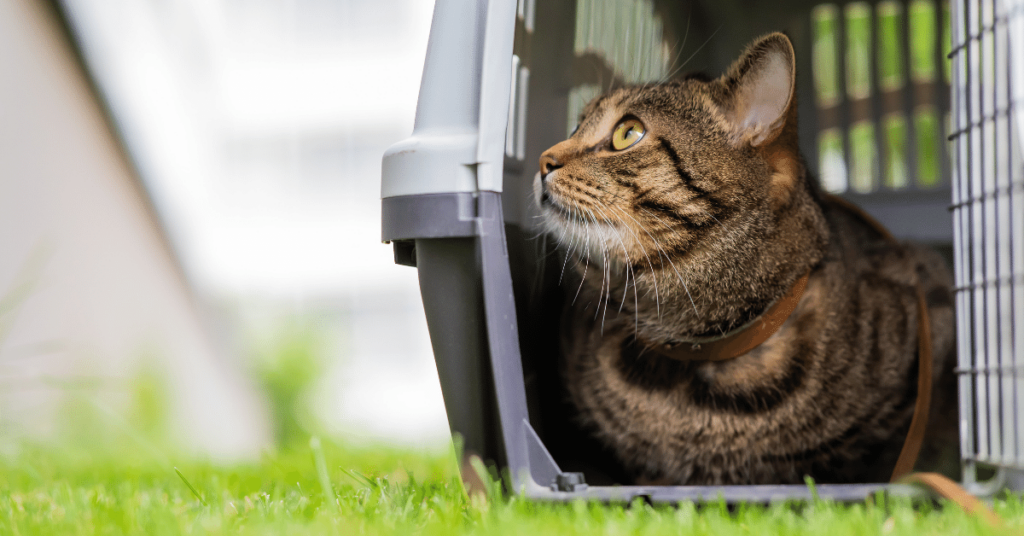Introduction
As a responsible pet owner, one of the most important aspects of caring for your furry friend is ensuring they receive the necessary vaccinations. Vaccinations play a crucial role in protecting your pet from harmful diseases and maintaining their overall health and well-being. In this complete guide to pet vaccinations, we’ll discuss everything you need to know to keep your pet protected.
Understanding Vaccinations
What are Vaccinations?
Vaccinations, also known as immunizations, are a way of stimulating an animal’s immune system to protect them against specific infectious diseases. They work by introducing a small, harmless portion of the disease-causing organism (or antigen) into the pet’s body. This exposure triggers the immune system to produce antibodies, which will then recognize and fight off the actual disease if the pet is ever exposed to it.
Why are Vaccinations Important?
Vaccinations are essential for preventing the spread of dangerous diseases that can be detrimental to your pet’s health. They not only protect your furry friend but also contribute to the overall well-being of the entire pet community. Through vaccinations, we can control and even eradicate certain diseases, ensuring healthier lives for our pets.
Core Vaccinations and Lifestyle-Based Vaccinations
Core vaccinations are those that are recommended for all pets regardless of their lifestyle or location. These vaccines protect against highly contagious and potentially fatal diseases, such as rabies, canine distemper, feline herpesvirus, and parvovirus. On the other hand, lifestyle-based vaccinations are administered based on the specific risks associated with a pet’s lifestyle, environment, and activity level.
Vaccination Schedule and Types
Puppy and Kitten Vaccinations
Puppies and kittens are particularly vulnerable to infectious diseases. To provide them with the best start in life, it’s crucial to follow a vaccination schedule recommended by your veterinarian. The initial vaccination course usually begins at around 6-8 weeks of age and includes a series of shots administered every few weeks until they reach a certain age, typically around 16 weeks.
Adult and Senior Pet Vaccinations
Even after the initial vaccinations, pets require periodic booster shots throughout their lives to maintain their immunity. These boosters help reinforce the pet’s protection against diseases and keep them resilient and healthy. Your veterinarian will guide you on the appropriate vaccine schedule based on your pet’s age, health status, and lifestyle.
Types of Vaccines for Pets
Vaccines for pets come in two main types: modified live vaccines (MLV) and killed vaccines. MLV vaccines contain weakened live viruses that stimulate a stronger immune response. Killed vaccines, as the name suggests, use inactivated viruses or bacteria. Your veterinarian will determine the most suitable type of vaccine for your pet based on various factors, including their age, health condition, and the disease being targeted.
The Importance of Regular Vet Checkups
Regular checkups with your veterinarian are critical in ensuring your pet’s overall health and well-being. These visits allow your vet to assess your pet’s vaccination needs, address any health concerns, and provide preventative care. By keeping up to date with vaccinations and vet appointments, you can give your pet the best chance at a long, healthy life.
Possible Side Effects and Risks
While vaccinations are generally safe and effective, like any medical procedure, they may have potential side effects. Most side effects are mild and short-lived, such as temporary soreness at the injection site or lethargy. In rare cases, more serious reactions like an allergic response or anaphylaxis can occur. It’s crucial to discuss any concerns or questions about vaccinations with your veterinarian to ensure the well-being of your pet.
Conclusion
Understanding the importance of pet vaccinations is crucial for every responsible pet owner. By following the recommended vaccination schedule and staying in close communication with your veterinarian, you can keep your beloved pets protected from potentially life-threatening diseases. Vaccinations not only safeguard your pet but also contribute to the overall health and well-being of the entire pet community. Stay proactive, stay informed, and ensure your furry friend receives the necessary vaccinations for a happy, healthy life.







